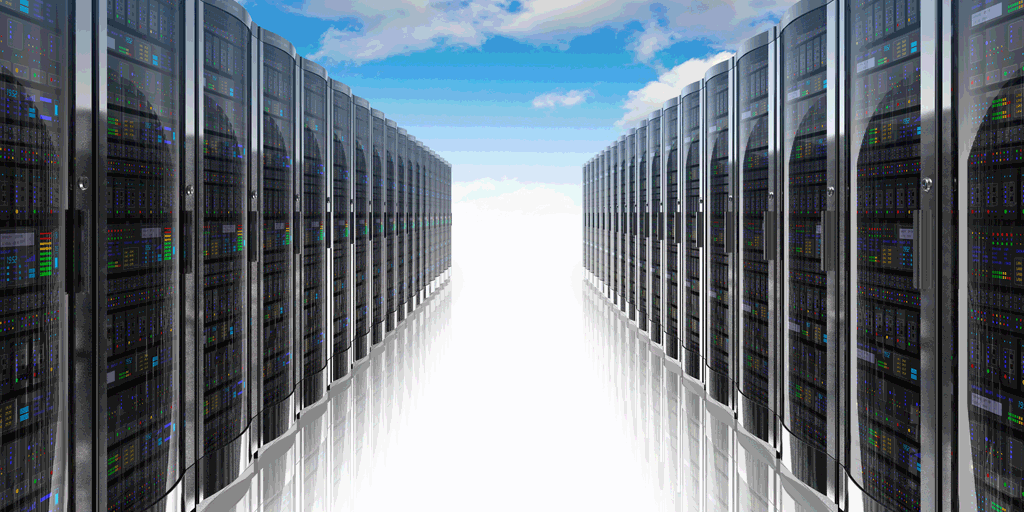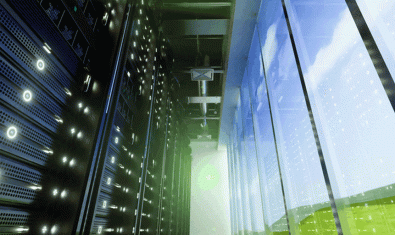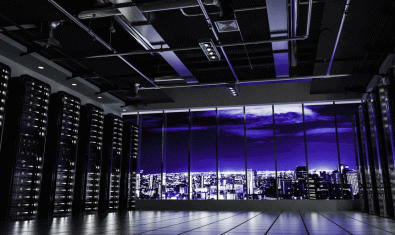February 20th, 2019
Hyperscale: The Future of the Data Centre

As our demand for data keeps growing at a rapid pace, the ‘Hyperscale’ data centre is set to dominate the industry.
It was not too long ago that data was the property of corporations and governments. They kept our records and information and sent us copies of our data in the post. Our data footprint was minimal.
Thanks to the digital revolution, that’s all changed. Since the 1950s when American Airlines and IBM developed a passenger reservations system which was considered one of the first data centres, to the world’s largest data centre – the $3 billion China Telecom data centre – we are awash with data.




